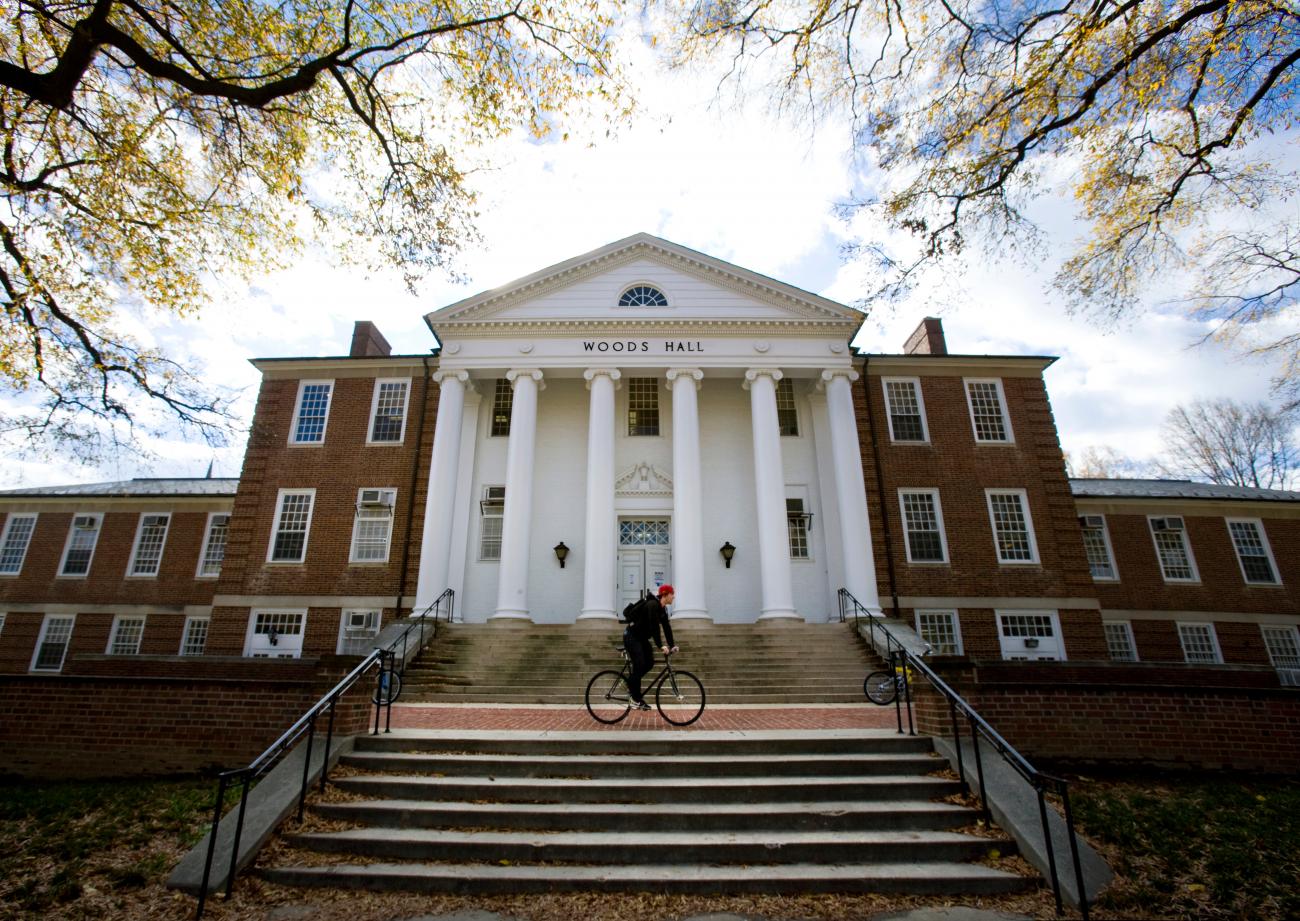In September 2013, Professor Michael Paolisso, alumna researcher Katie Clendaniel (M.A.A. ’11), and graduate students Jo Johnson and Liz Van Dolah from the Department of Anthropology participated in a trans-Atlantic exchange concerning adaptation to climate change. With support from the US Embassy in Berlin and the Ecologic Institute the group traveled to Germany to meet with regional social science experts, environmental engineers, policymakers, and local community leaders to learn about response to climate change along the Baltic coast. Dr. Grit Martinez, a historian at Ecologic, led the group on an ethnographically rich tour of Berlin, Stralsund, and the island of Ummanz, sharing insights on political, socio-economic, and cultural drivers that have influenced community response to climate change.
Tour highlights included a meeting with representatives at the US Embassy in Berlin, attendance at the BWK Congress in Stralsund, and discussions with local community members in Ummanz. While on Ummanz, the team met with a local historian, a fisherman, and two farmers who shared their experiences living on the island in post-Soviet Germany, and their perspectives on how new environmental regulations are impacting traditional fishing and farming practices on the low-lying island. Participation at the BWK Congress allowed the group to learn about Germany’s adaptation to climate change through presentations given by the German Federal Ministry for the Environment, environmental engineers, and others on clean energy technologies and policies influencing climate change initiatives in Germany. At the US Embassy in Berlin, opportunities for further collaboration between the United States and Germany were discussed. In the future, the goal is to engage Chesapeake and Baltic communities with one another in an effort to enhance climate change adaptation strategies. Throughout the trip, the UMD team was able to share insights from their own research with Chesapeake waterman and farming communities, many who voice similar frustrations with increased environmental regulation and shifts away from traditional life-ways as restoration efforts and recreational values redefine the Chesapeake. As we learn to adapt to our changing environment, sharing knowledge and experiences across boundaries can serve to strengthen community initiatives in both Germany and the United States.


